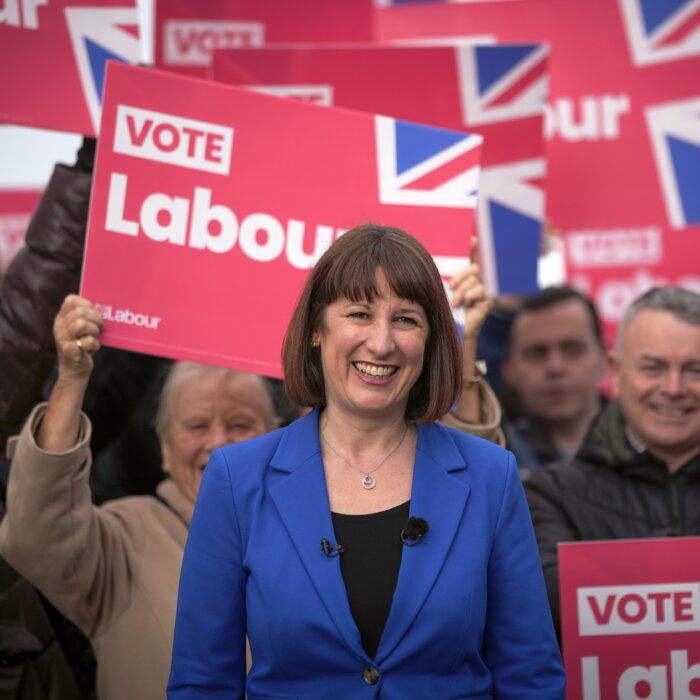The government’s next debt chief will have to deal with risks that come with high levels of public borrowing, the outgoing debt chief said on Tuesday.
Sir Robert Stheeman, CEO of the Debt Management Office (DMO), said the office is having to raise “well in excess of £200 billion” each year.
The DMO is planning to sell £265.3 billion of UK government bonds, also known as gilts, in the financial year 2024/2025. It’s the second highest on record after £485.8 billion of gilts were issued in the year 2020/2021.
Now, “the sheer numbers are going to be very big and that must bring risks, that must have challenges,” Sir Robert told Reuters.
The debt chief is set to retire at the end of June after being in the post for around 21 years. The Treasury has said last year that his successor would be appointed in early 2024 to allow a handover period, but the name is yet to be revealed.
“I’m optimistic that all will be revealed in the not too distant future,” Sir Robert said.
Last month, Sir Robert told the publication that the DMO had taken into account a “gradual but perceptible decline” in demand for long-term gilts.
His remarks on Tuesday came after Maxim Rybnikov, S&P’s primary sovereign analyst for the UK, warned last week that whoever gets elected next will have to tread carefully to avoid jeopardising the country’s already diminished credit rating.
S&P cut Britain’s credit rating by two notches from “AAA” to “AA” after the 2016 Brexit referendum decision and warned of another possible downgrade following former Prime Minister Liz Truss’s “mini budget” announced in 2022.
That “negative” outlook was restored to “stable” in 2023, but Mr. Rybnikov said the rating agency still sees fiscal risks and believes “it’s going to be not an easy position for the incoming administration to manage that.”
Successive governments have borrowed money in all but five of the past 53 years, with an accumulated debt of around £2.66 trillion, or around 97.1 percent of annual gross domestic product (GDP), at the end of February.
S&P expects its measure of net public debt in Britain to peak this year around 96.5 percent of GDP before falling only very slowly.
Official forecasts show debt falling only from the 2028/2029 fiscal year.
Last month, Dame Meg Hillier, chair of the House of Commons Public Accounts Committee (PAC), said the measures to assess the value for money of government borrowing are “nebulous at best.”
The PAC published a report saying it’s “impossible to know whether government is securing value for money from its borrowing” owing to the lack of clear measures.
The report warned of a wave of looming retirements in the DMO and the Treasury’s other borrowing arm, National Savings & Investment (NS&I), including Sir Robert and other senior members of staff.
It said the DMO and NS&I are both specialist organisations, with distinctly different skills sets and experience to those normally found in the Treasury, and the committee is concerned the Treasury and the two agencies “will not have the necessary skills, experience, and institutional knowledge needed to overcome the challenges they face now, and in the years to come.”
The report also said there’s limited information on who are the ultimate owners of 25 percent of UK debt held by overseas investors, and the potential risk this creates.
The Office for Budget Responsibility had told the committee that “foreign investors were ’more fickle and more flighty than domestic investors’ because they were less committed to holding UK gilts over the long-term.”
However, the DMO disagreed with the view, telling the committee that domestic pension funds “arguably became the ’more volatile portion of the investor base'” following Ms. Truss’s mini-budget in September 2022.







